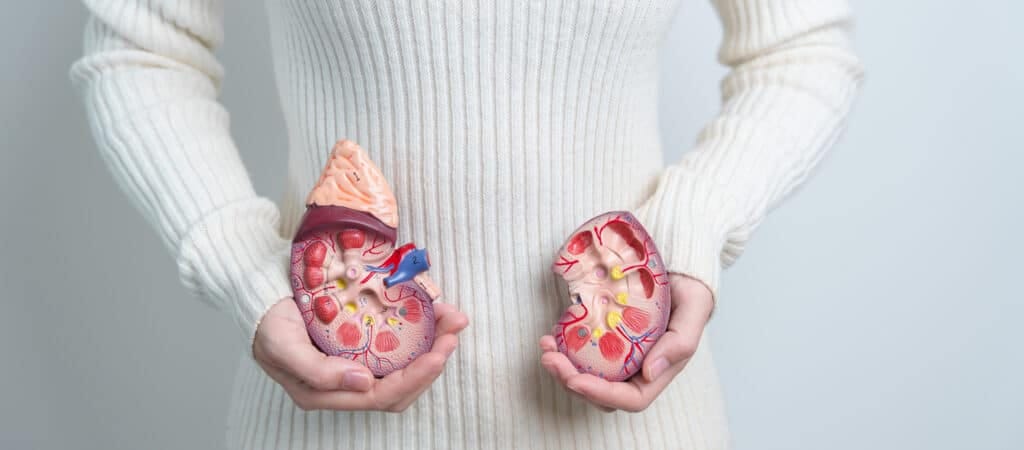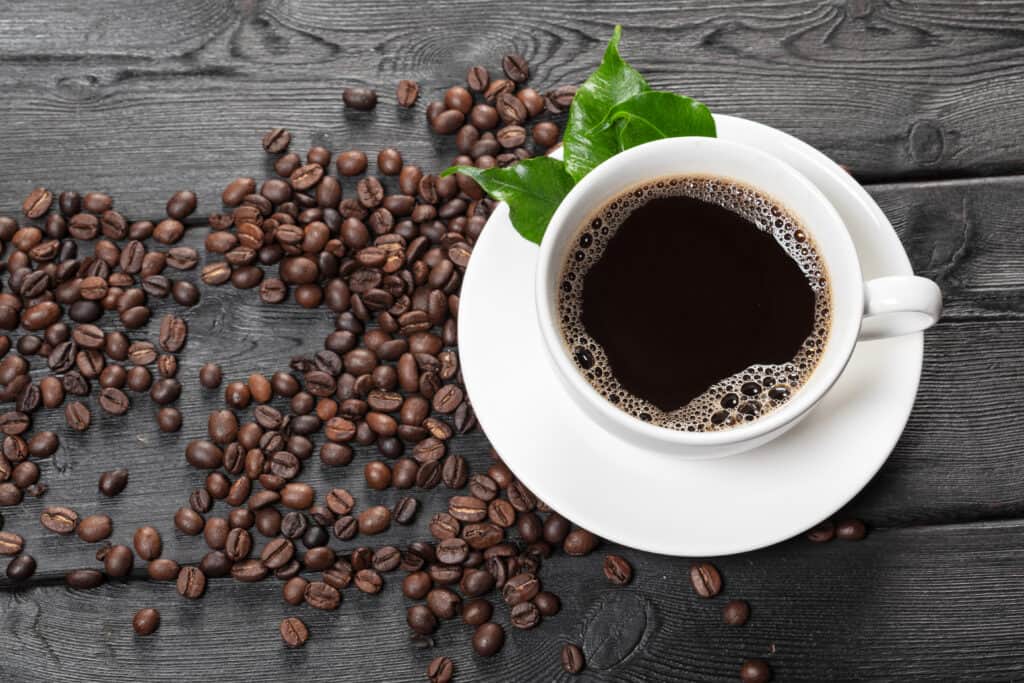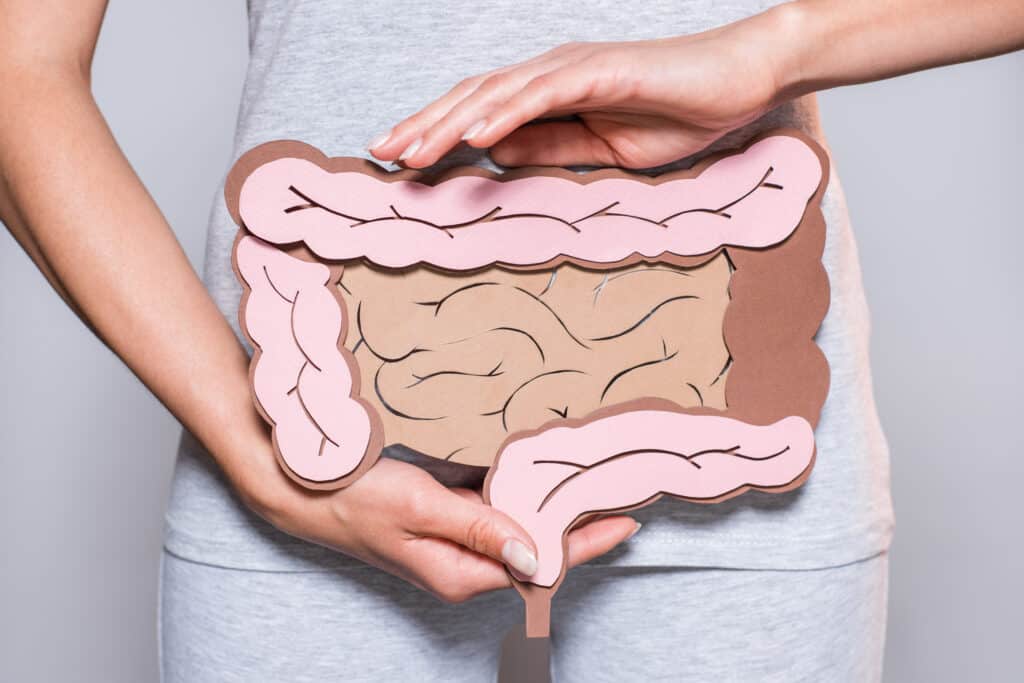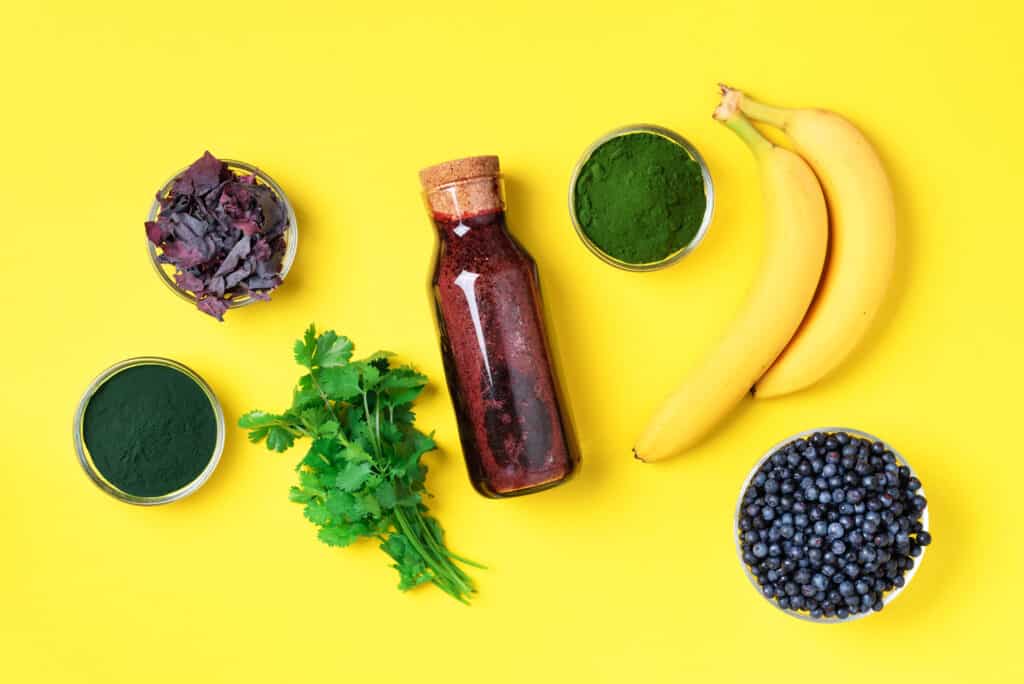A kidney cleanse diet is an essential practice for those seeking to improve their overall well-being and maintain optimal kidney health. The kidneys play a crucial role in filtering waste products, balancing electrolytes, and regulating blood pressure. By incorporating specific foods and lifestyle changes into your daily routine, you can support the natural detoxification process of these vital organs.
In this comprehensive guide, we will delve into various aspects of a kidney cleanse diet that promotes healthy kidney function. Maintaining healthy kidneys requires adequate hydration, and we will cover the optimal amount of water to consume daily. Additionally, we will discuss key foods that support kidney function such as grapes, peanuts, and berries with resveratrol content as well as citric acid-rich fruits like lemon juice.
Furthermore, we’ll explore herbal teas and extracts known for their detoxifying properties such as Hydrangea paniculata extract and Blumea balsamifera extract. We’ll also cover essential nutrients like Vitamin B6 and potassium citrate which are crucial in preventing kidney stones.
To help you get started on your journey towards better renal health through a kidney cleanse diet plan; we’ve included a sample 2-day meal plan along with practical tips on making sustainable lifestyle changes including exercise routines and stress reduction techniques.
The Importance of Kidney Health
Your kidneys are essential organs that play a crucial role in maintaining your overall health. They act as your body’s filtration system, removing waste and excess fluid from the bloodstream. This process helps regulate blood pressure, balance electrolytes, and maintain proper hydration levels. Kidneys have a key role in sustaining good heart health and can help protect against issues such as infections and kidney stones.
Why Taking Care of Your Kidneys is Essential
- Maintaining Fluid Balance: The kidneys help regulate the amount of water in your body by producing urine to remove excess fluids. If the kidneys are not working correctly, it can cause imbalances in fluid levels, such as dehydration or water retention.
- Filtering Waste Products: As part of their filtering process, the kidneys remove harmful substances like urea and creatinine from the bloodstream. These waste products are then excreted through urine production (source). Without effective filtration, the accumulation of toxins in the body can lead to a variety of health problems and may even cause long-term damage to kidney function if left unchecked.
- Blood Pressure Regulation: Healthy kidneys produce hormones that help control blood pressure by regulating sodium levels in the bloodstream (source). High blood pressure can damage kidney function over time if left untreated.
- Anemia Prevention: The kidneys also produce erythropoietin (EPO), a hormone responsible for stimulating red blood cell production (source). A decline in kidney function can lead to a decrease in EPO production, resulting in anemia.
- Preventing Kidney Stones: By maintaining proper fluid balance and filtering waste products effectively, healthy kidneys help prevent the formation of kidney stones. These painful deposits can cause severe discomfort and may require medical intervention if not prevented or treated early on (source).
To maintain optimal kidney health, drink plenty of fluids, eat a nutritious diet, exercise regularly, and manage stress levels.
The importance of kidney health cannot be overstated. Proper hydration is key to maintaining healthy kidneys, and this article will discuss the best ways to ensure you are adequately hydrated for optimal kidney health.
Hydration for Healthy Kidneys
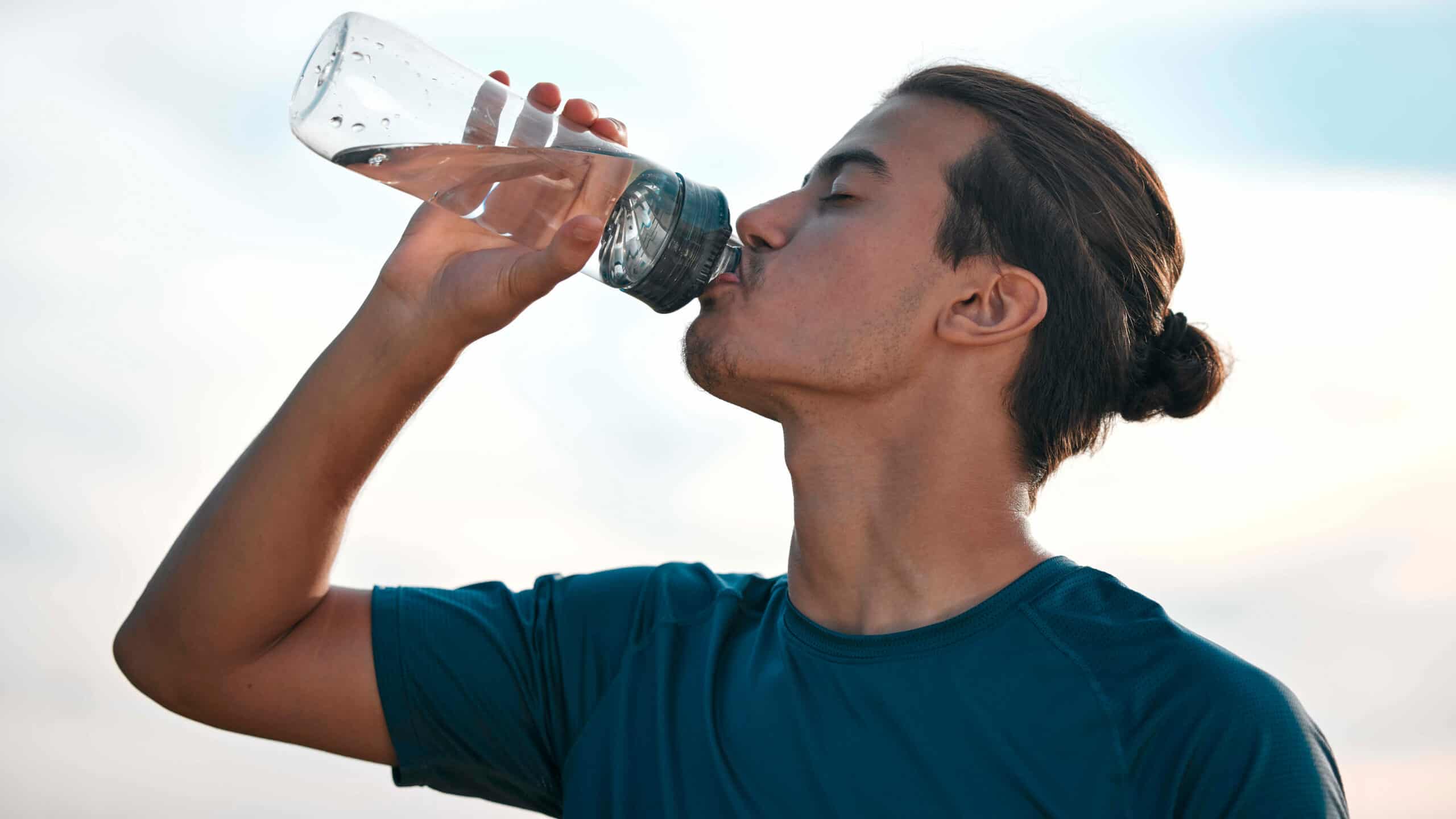
Staying properly hydrated is vital for maintaining good kidney function since they require water to secrete urine effectively. Adequate hydration can help ward off UTIs and kidney stones, as well as ensure optimal kidney function. In this section, we will discuss the importance of hydration for your kidneys and provide advice on how much water you should consume daily to keep them healthy.
What amount of H2O should you consume daily?
The amount of H2O needed per day differs contingent on aspects such as age, mass, activity level, and weather. A general suggestion is to aim for 64 ounces of liquid intake each day. This includes not only plain water but also other beverages like herbal teas or juices that contribute to your overall hydration levels. Caffeinated drinks may increase urine production, so it’s important to pair them with non-caffeinated beverages for optimal hydration. Mayo Clinic provides more detailed recommendations based on individual needs.
Signs of dehydration
Becoming dehydrated can negatively impact your kidneys’ ability to filter waste from the bloodstream efficiently. It’s crucial to recognize the signs of dehydration early so that you can take appropriate action by increasing your fluid intake:
- Darker-colored urine: If your urine appears darker than usual or has a strong odor, it could be an indication that you need more fluids.
- Fatigue: Dehydration often leads to feelings of fatigue or sluggishness due to decreased blood volume which affects oxygen delivery throughout the body.
- Thirst: Feeling thirsty is a natural response to dehydration, so don’t ignore this signal from your body. Make sure to drink water regularly throughout the day.
- Dry mouth and skin: A lack of hydration can cause dryness in both your mouth and skin, making them feel uncomfortable or tight.
Incorporating healthy hydration habits into your daily routine will not only support optimal kidney function but also contribute to overall well-being. Remember that prevention is key; by staying hydrated consistently, you are less likely to encounter issues related to kidney health such as UTIs or stone formation. The National Kidney Foundation offers additional tips on maintaining proper hydration for better renal health.
Ensure you consume an adequate amount of water daily to maintain healthy kidneys. Include foods abundant in citric acid or resveratrol in your diet for extra kidney health benefits.
Foods that Support Kidney Function
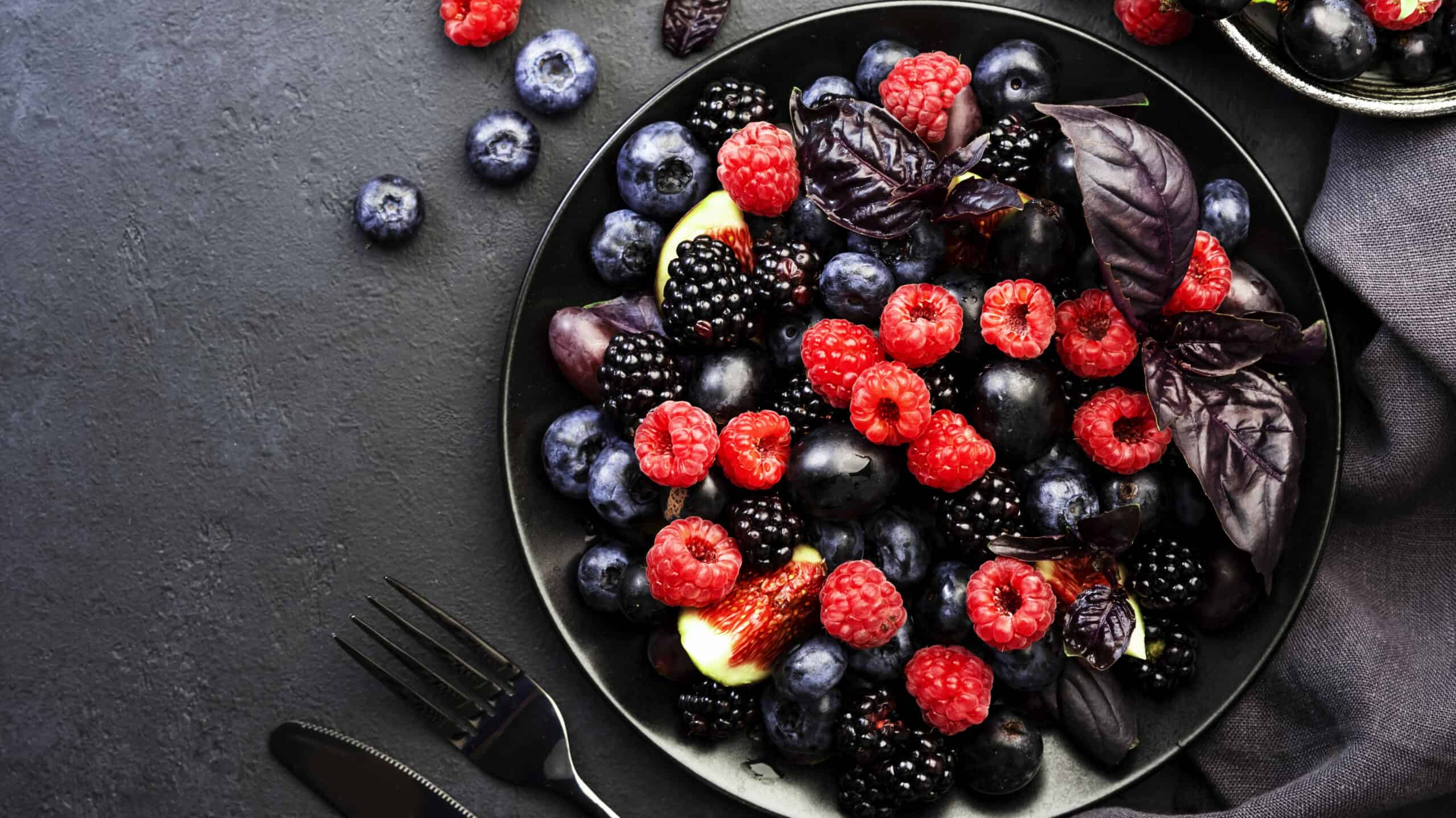
Consuming a diet rich in specific foods can support optimal kidney function by providing necessary nutrients or compounds that may help protect against damage or stone formation. In this section, we will explore some beneficial food choices for promoting healthy kidneys.
Grapes, peanuts, and berries with resveratrol content
Resveratrol is a plant compound found in grapes, peanuts, and certain types of berries such as blueberries and cranberries. Resveratrol’s antioxidant properties may help protect the kidneys from oxidative damage caused by free radicals. Consuming these edibles can give you a natural source of resveratrol to aid kidney health.
Citric acid-rich fruits like lemon, orange, and melon juice
Fruits containing citric acid are another excellent choice for supporting kidney function. Citric acid helps prevent the formation of kidney stones by binding to calcium crystals and preventing them from clumping together into larger deposits. Lemon juice is particularly high in citrate content; however other citrus fruits like oranges and grapefruits also contain significant amounts of this beneficial compound. Melons such as watermelon and cantaloupe are additional sources of citric acid that can be easily incorporated into your daily meals.
- Lemon: Add freshly squeezed lemon juice to water or tea for added flavor while benefiting from its citrate content.
- Orange: Enjoy an orange as a snack or add it to salads for extra zestiness.
- Melon Juice: Blend watermelon or cantaloupe into a refreshing juice to enjoy on hot summer days.
By incorporating these foods rich in resveratrol and citric acid into your diet, you can provide essential support for maintaining healthy kidney function and preventing potential issues such as stone formation.
Including foods that are rich in resveratrol, citric acid, and other beneficial compounds can help support kidney function. Herbal infusions and extracts have been seen to be beneficial for purifying the kidneys.
Herbal Teas and Extracts for Detoxification
Maintaining kidney health is not only about the foods we eat but also about incorporating certain herbal teas and plant extracts that can offer potential benefits in protecting against kidney damage or aiding detoxification processes. In this section, we will explore some popular herbs traditionally used to support renal health.
Hydrangea paniculata extract benefits
Hydrangea paniculata, commonly known as hydrangea, has been traditionally used in various cultures for its potential benefits on kidney health. The roots of this plant contain compounds called coumarins and saponins, which are believed to have diuretic properties. This means they can help increase urine production, thereby promoting the elimination of waste products from the body more efficiently. Some studies suggest that hydrangea root extract may help prevent the formation of kidney stones by reducing calcium oxalate crystal aggregation.
Blumea balsamifera extract advantages
Blumea balsamifera, also known as Sambong or Blumeanone A Balsamiferol, is a traditional medicinal herb found in Southeast Asia. Its anti-inflammatory, analgesic (pain-relieving), and diuretic properties make it a promising candidate for aiding kidney health and preventing UTIs or inflammation-related renal issues. These properties make it an excellent candidate for supporting overall kidney function and preventing issues like urinary tract infections (UTIs) or inflammation-related renal problems. Research indicates that B.balsamifera may have potential nephroprotective effects, which means it could help protect the kidneys from damage caused by various factors, such as toxins or oxidative stress.
While incorporating these herbal teas and extracts into your daily routine can be beneficial for kidney health, it is essential to consult with a healthcare professional before starting any new supplement regimen. This ensures that you are using them safely and effectively based on your individual needs and medical history.
Herbal teas and extracts can be a powerful tool in detoxifying the kidneys, but it is important to remember that essential nutrients also play an important role. Examining additional strategies for promoting renal health, Vitamin B6 and Potassium citrate can be beneficial in deterring kidney stones.
Essential Nutrients for Kidney Health
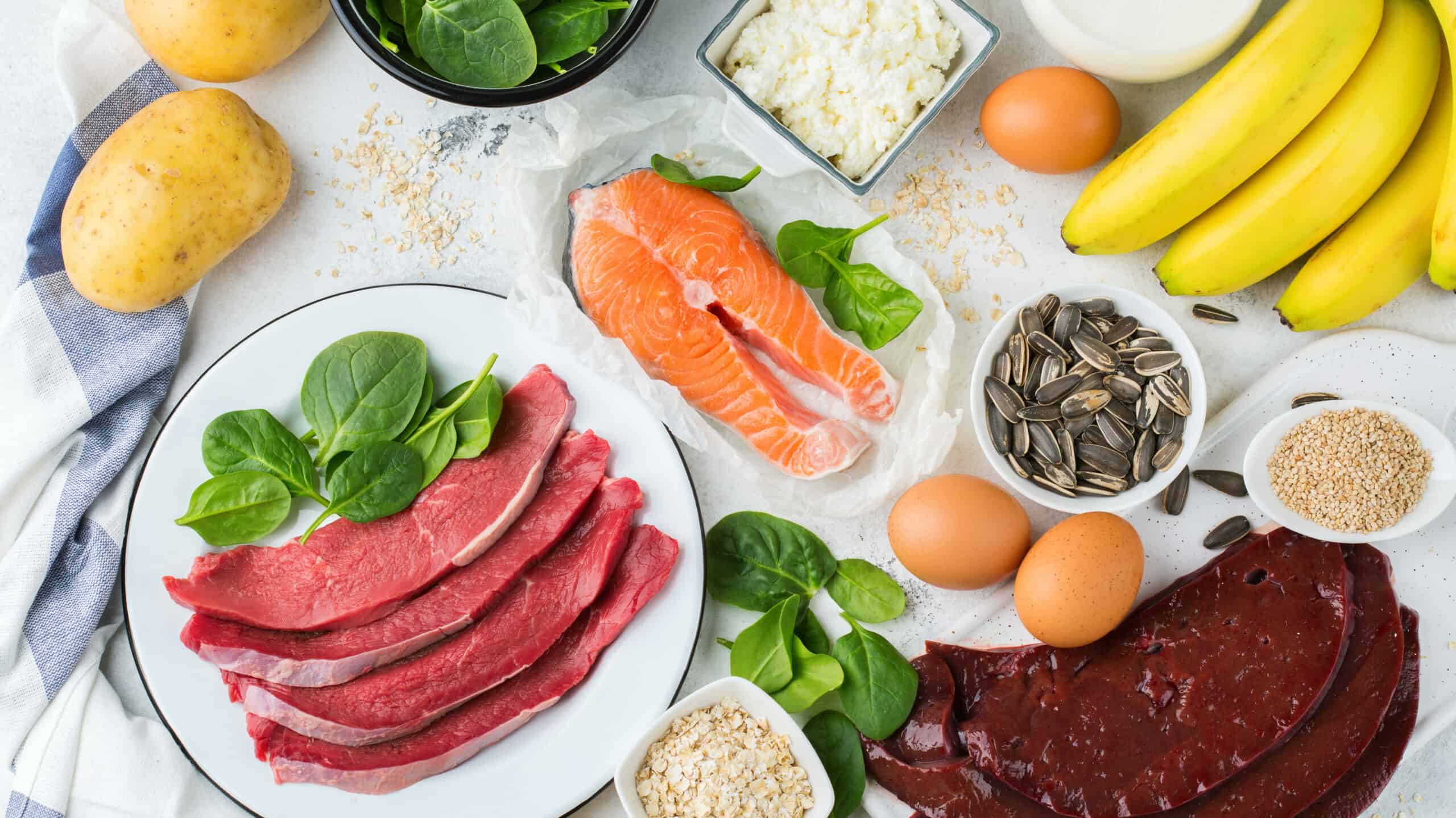
Maintaining optimal kidney health requires the right balance of essential nutrients in your diet. Vitamin B6 and potassium citrate are essential nutrients for maintaining optimal kidney health. In this section, we will discuss how these nutrients contribute to renal health and their food sources.
Vitamin B6 and its Role in Kidney Health
Vitamin B6, also known as pyridoxine, is an important cofactor in many metabolic reactions within the body. It plays a crucial role in amino acid metabolism, neurotransmitter synthesis, and red blood cell formation. One of its lesser-known functions is helping to reduce oxalate levels – high concentrations of which can lead to the formation of kidney stones.
By promoting the metabolism of oxalate, vitamin B6 consumption can help reduce kidney stone formation risk. Some excellent food sources rich in vitamin B6 include:
- Chickpeas
- Tuna fish
- Bananas
- Potatoes (with skin)
- Turkey breast meat
Potassium Citrate and Preventing Kidney Stones
Another nutrient that has shown promise at reducing risk factors associated with developing painful deposits called calcium oxalate stones is potassium citrate. This compound helps maintain proper urine pH levels, making it more difficult for crystals to form into larger stone structures. A study published by The Journal Of Urology found that taking supplemental potassium citrate could potentially help reduce the formation of kidney stones in susceptible individuals. To incorporate potassium citrate into your diet, consider consuming foods rich in potassium such as:
- Avocado
- Sweet potatoes
- Spinach
- Tomatoes
- Oranges and orange juice
By ensuring that our diets contain adequate amounts of both vitamin B6 and potassium citrate, we can support the proper functioning of organs.
It is essential to understand the importance of nutrients for kidney health in order to keep your kidneys functioning optimally. Let’s now look at how to incorporate these key nutrients into a two-day cleanse regimen.
Sample 2-Day Kidney Cleanse Diet Plan
While healthy individuals don’t need to flush or cleanse their kidneys, incorporating specific foods into their diet can support overall renal function. This section provides a sample 2-day meal plan that includes beneficial ingredients for promoting optimal kidney health.
Day 1 Meal Plan
- Breakfast: Start your day with a refreshing avocado-banana smoothie made with almond milk and a spoonful of honey. Potassium in avocados helps keep fluid balance and blood pressure levels stable.
- Lunch: Enjoy a delicious quinoa salad mixed with chopped cucumber, cherry tomatoes, red onion, parsley, and lemon juice dressing. Quinoa is an excellent source of magnesium and phosphorus – essential minerals for maintaining proper kidney function.
- Dinner: Indulge in grilled salmon served over steamed vegetables like broccoli and carrots drizzled with olive oil. Salmon contains omega-3 fatty acids known to reduce inflammation while also providing high-quality protein that’s easy on the kidneys.
- Beverage: Sip on some green tea, which has been found to have potential benefits for kidney health due to its antioxidant properties.
Day 2 Meal Plan
- Breakfast: Create a tasty oatmeal bowl topped with fresh berries such as blueberries or strawberries along with chia seeds for added fiber content. Berries are packed with antioxidants that can help protect the kidneys from damage.
- Lunch: Savor a kidney-friendly spinach and feta cheese stuffed chicken breast served alongside roasted sweet potatoes. Vitamin B6 in spinach helps reduce oxalate levels, which could otherwise cause kidney stones.
- Dinner: Opt for a vegetarian stir-fry made with tofu, bell peppers, zucchini, and mushrooms cooked in low-sodium soy sauce. Tofu provides plant-based protein while vegetables offer various vitamins and minerals necessary for maintaining good renal health.
- Beverage: Enjoy a glass of lemon water, as lemon juice contains citric acid known to prevent kidney stone formation by increasing urine volume and pH levels.
Note that this sample 2-day meal plan is just one example of how you can incorporate foods beneficial for your kidneys into your diet. Before taking any action with your diet, it is important to consult a medical professional or nutrition expert.
Following the Sample 2-Day Kidney Cleanse Diet Plan can help to detoxify and cleanse your kidneys, improving their health. To further bolster kidney well-being, one should consider changes in lifestyle such as enhancing exercise levels and reducing tension.
Lifestyle Changes for Better Kidney Health

In addition to dietary choices, certain lifestyle changes can also contribute to improved kidney function and overall well-being. We’ll discuss some practical steps you can take to maintain good renal health.
Exercise and Physical Activity Benefits
Regular physical activity is essential for preserving general well-being, as well as the health of your kidneys. Engaging in physical activities helps control blood pressure levels, which plays a significant role in preventing kidney damage. Additionally, exercise aids in weight management, reducing the risk of obesity-related kidney problems.
- Aim for at least 150 minutes of moderate-intensity aerobic activity per week or 75 minutes of vigorous-intensity aerobic activity per week.
- Include strength training exercises at least twice a week to build muscle mass and improve metabolism.
- Choose activities that you enjoy doing such as walking, swimming, cycling, or dancing to make it easier to stick with your routine.
Reducing Stress Levels
Evidence suggests a connection between elevated levels of stress and heightened odds of developing CKD. High-stress levels can lead to unhealthy habits like poor diet choices and lack of physical activity that negatively impact your kidneys. Moreover, prolonged stress may cause high blood pressure – another factor contributing to kidney damage. To reduce stress levels:
- Meditation: Practicing mindfulness meditation regularly helps calm the mind and reduce stress. Start with just a few minutes per day, gradually increasing the duration as you become more comfortable.
- Deep Breathing Exercises: Taking slow, deep breaths can help relax your body and mind. Try incorporating breathing exercises into your daily routine or during moments of high stress.
- Sleep: Adequate sleep is crucial for managing stress levels. Aim for 7-9 hours of quality sleep each night to allow your body to rest and recover properly.
- Connect with Others: Socializing with friends and family members can provide emotional support that helps alleviate stress. Make time in your schedule to connect with loved ones regularly.
Maintaining good kidney health involves not only making dietary changes but also adopting an active lifestyle while keeping stress levels under control. By following these guidelines, you’ll be well on your way toward supporting optimal renal function and overall well-being.
Frequently Asked Questions Kidney Cleanse Diet
What foods flush out your kidneys?
Foods that help flush out your kidneys include water-rich fruits and vegetables like cucumbers, watermelon, and celery. Additionally, cruciferous vegetables such as cauliflower and cabbage support kidney health. Citric acid-rich fruits like lemons, oranges, and melons can also aid in kidney detoxification. Consuming antioxidant-rich foods such as grapes, peanuts, and berries with resveratrol content is beneficial too.
What is the best way to flush your kidneys out?
The best way to flush your kidneys is by staying well-hydrated by drinking sufficient water daily (approximately 8 glasses). Incorporate a diet rich in kidney-friendly foods, including citric acid-containing fruits and antioxidant-rich options. Regular exercise helps improve blood flow to the kidneys while reducing stress levels contributes to overall kidney health.
How can I repair my kidneys naturally?
To repair your kidneys naturally: maintain proper hydration; consume a balanced diet rich in kidney-supportive nutrients like potassium citrate; avoid high-sodium processed foods; engage in regular physical activity for improved circulation; manage stress levels through relaxation techniques or meditation; limit alcohol consumption; quit smoking if applicable; monitor blood pressure regularly.
Conclusion
In conclusion, taking care of your kidneys is essential for overall health and well-being. By following a kidney cleanse diet that includes hydration, nutrient-rich foods, herbal teas, and extracts and making lifestyle changes such as exercise and stress reduction, you can support your kidneys’ function and promote detoxification.

